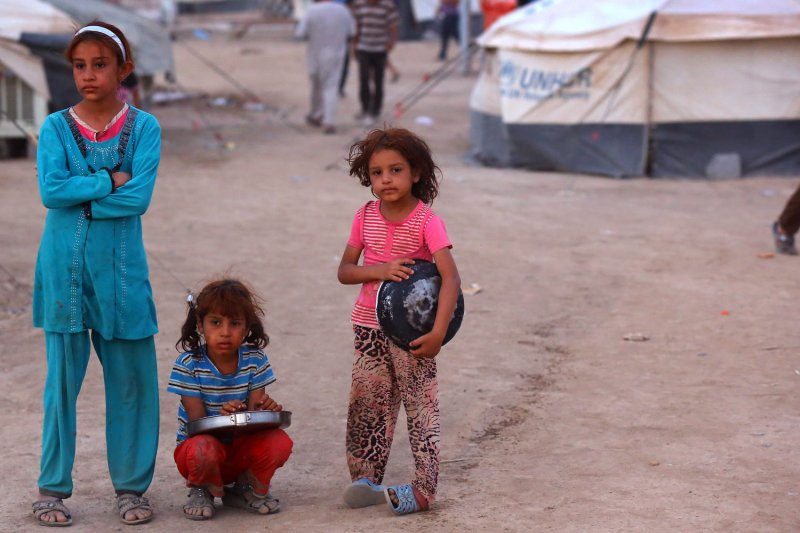BAGHDAD, July 24 (UPI) -- An edict attributed to the Islamic State of Iraq and Syria mandating female genital mutilation in the northern Iraq city of Mosul is now believed to be a fake.
The decree, which called for girls and women between the ages of 11 and 46 to undergo FGM, was issued via social media using a moniker no longer used by the militant group: the Islamic State in Iraq and the Levant (ISIL) instead of ISIS.















